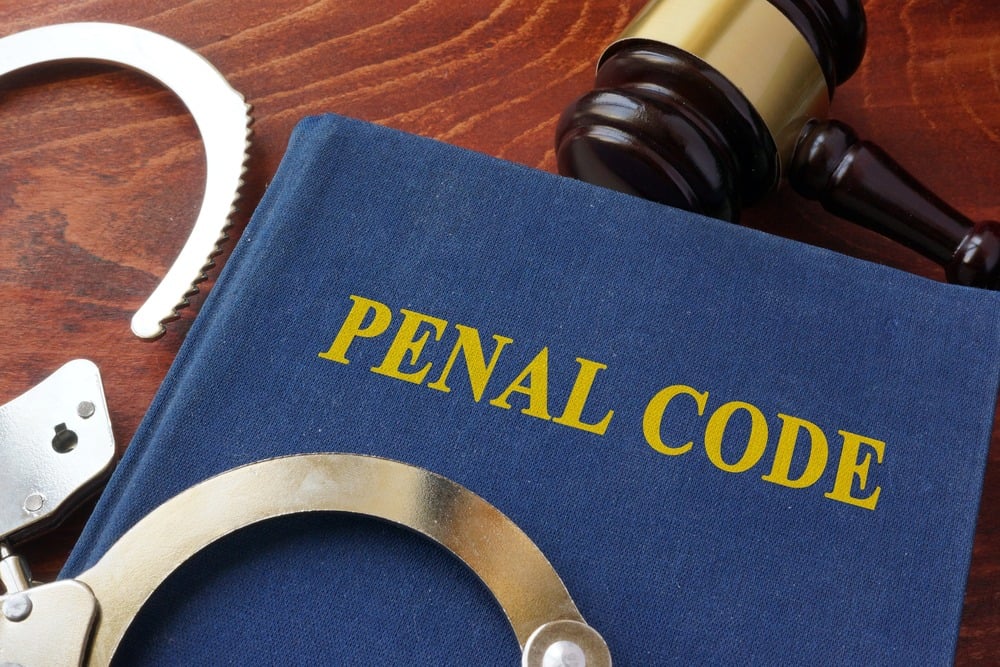Public Intoxication Texas Penal Code: Understanding the Law and Its Implications

Welcome to our comprehensive guide on public intoxication under the Texas Penal Code. It is vital to have a clear understanding of the law and its implications to navigate this legal territory successfully. Here we will explore the nuances of public intoxication in Texas, shed light on the relevant provisions in the Texas Penal Code, and provide valuable insights to help you comprehend the legal landscape. Join us on this informative journey as we unravel the intricacies and empower you to make well-informed decisions.
Public Intoxication under the Texas Penal Code
Public intoxication, as defined by the Texas Penal Code, refers to the act of appearing in a public place while intoxicated to a degree that may endanger oneself or others. Let’s delve into the key aspects outlined in the Texas Penal Code to gain a comprehensive understanding of this offense.
Key Elements of Public Intoxication
To grasp the offense of public intoxication under the Texas Penal Code, it is essential to familiarize yourself with the following key elements:
- Public Place
The Texas Penal Code defines a public place as any area that is open to or accessible by the general public. This can include streets, parks, sidewalks, public transportation, and other similar spaces.
- Intoxication
Public Intoxication penal code refers to a state where a person’s mental or physical faculties are impaired due to the consumption of alcohol, drugs, or other substances. It is crucial to note that public intoxication is not limited to alcohol-related impairment alone.
- Endangerment
Public intoxication becomes an offense when the intoxicated individual’s condition poses a potential risk or danger to themselves or others. This can include behaviors that disrupt public order, jeopardize public safety, or create a risk of harm.
Understanding the Consequences
Violating the provisions of public intoxication under the Texas Penal Code can result in various consequences. Let’s explore some of the potential outcomes:
- Legal Ramifications
Public intoxication is considered a Class C misdemeanor in Texas, punishable by a fine of up to $500. While it is not as severe as a felony, it is essential to recognize the potential impact on your criminal record and future opportunities.
- Criminal Record
A conviction for public intoxication can lead to a permanent criminal record. This record can have long-term implications, affecting employment prospects, housing opportunities, and even personal reputation.
- Employment and Education
Having a public intoxication conviction on your record may create obstacles when seeking employment, particularly in fields that require background checks. Additionally, educational institutions and scholarship programs may consider your criminal history during admissions or funding decisions.
Navigating the Legal Landscape
If you find yourself facing public intoxication charges under the Texas Penal Code, it is crucial to take the following steps:
- Seek Legal Representation
Consult with an experienced attorney who specializes in criminal defense. They can provide you with expert advice, assess your case, and guide you through the legal process.
- Understand Your Rights
Educate yourself about your rights, such as the right to legal representation, the right to remain silent, and the right to a fair legal process. Ensure that you exercise these rights to protect yourself effectively.
- Build a Strong Defense
Work closely with your attorney to build a robust defense strategy tailored to the specific circumstances of your case. They will help you gather evidence, challenge the prosecution’s case, and present a compelling argument in your favor.
- Explore Potential Options
Depending on the circumstances, there may be diversion programs or alternative resolutions available to minimize the impact of a public intoxication charge. Your attorney can explore these possibilities and determine the best course of action.
Conclusion
Understanding public intoxication under the Texas Penal Code is crucial for anyone navigating the legal system. By familiarizing yourself with the relevant provisions, potential consequences, and taking appropriate steps, you can protect your rights and make informed decisions. Remember, legal situations can be complex, so it is essential to consult with an experienced attorney who can guide you through the process and ensure the best possible outcome. Stay informed, assert your rights, and face the legal landscape with confidence.











